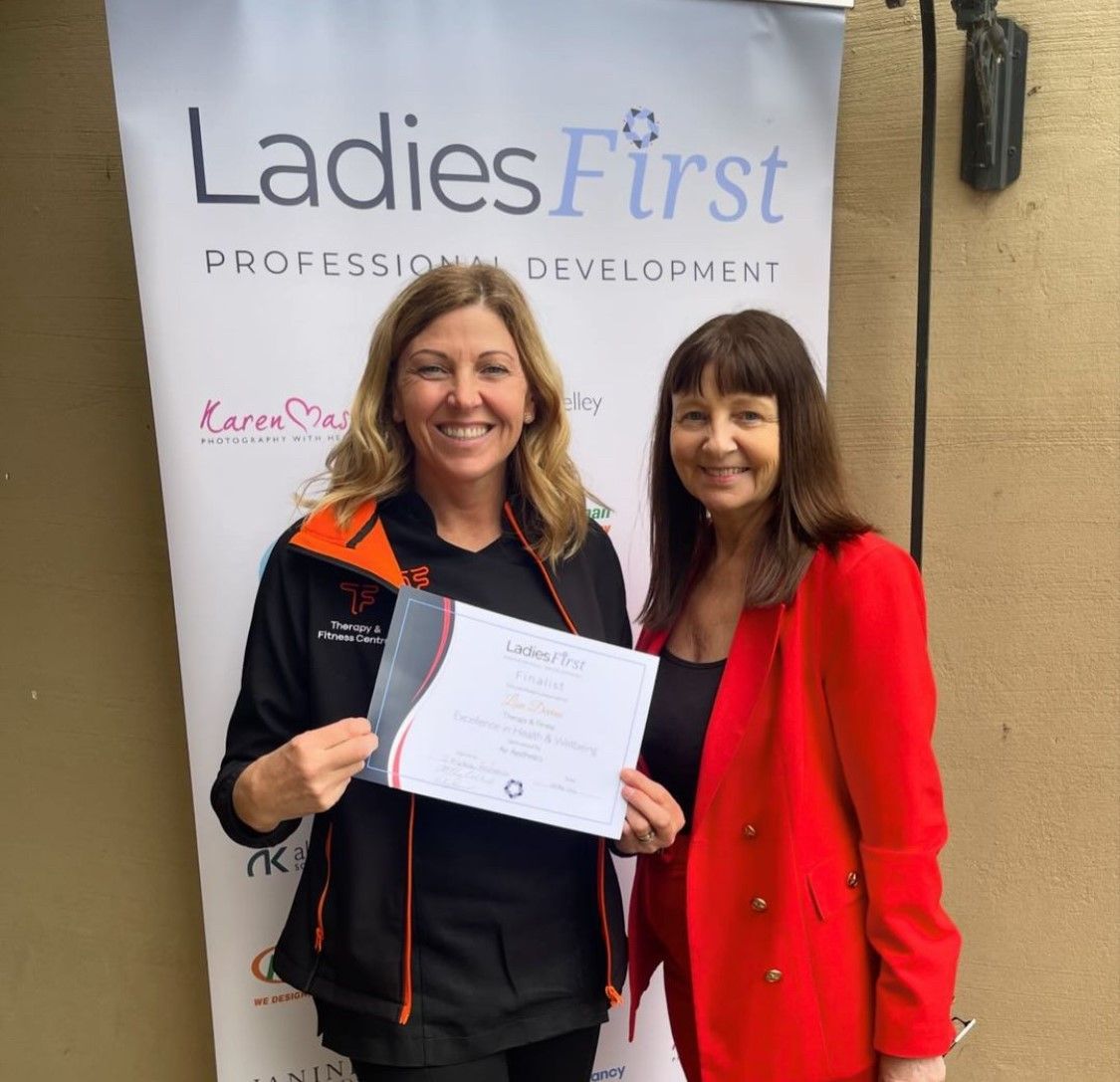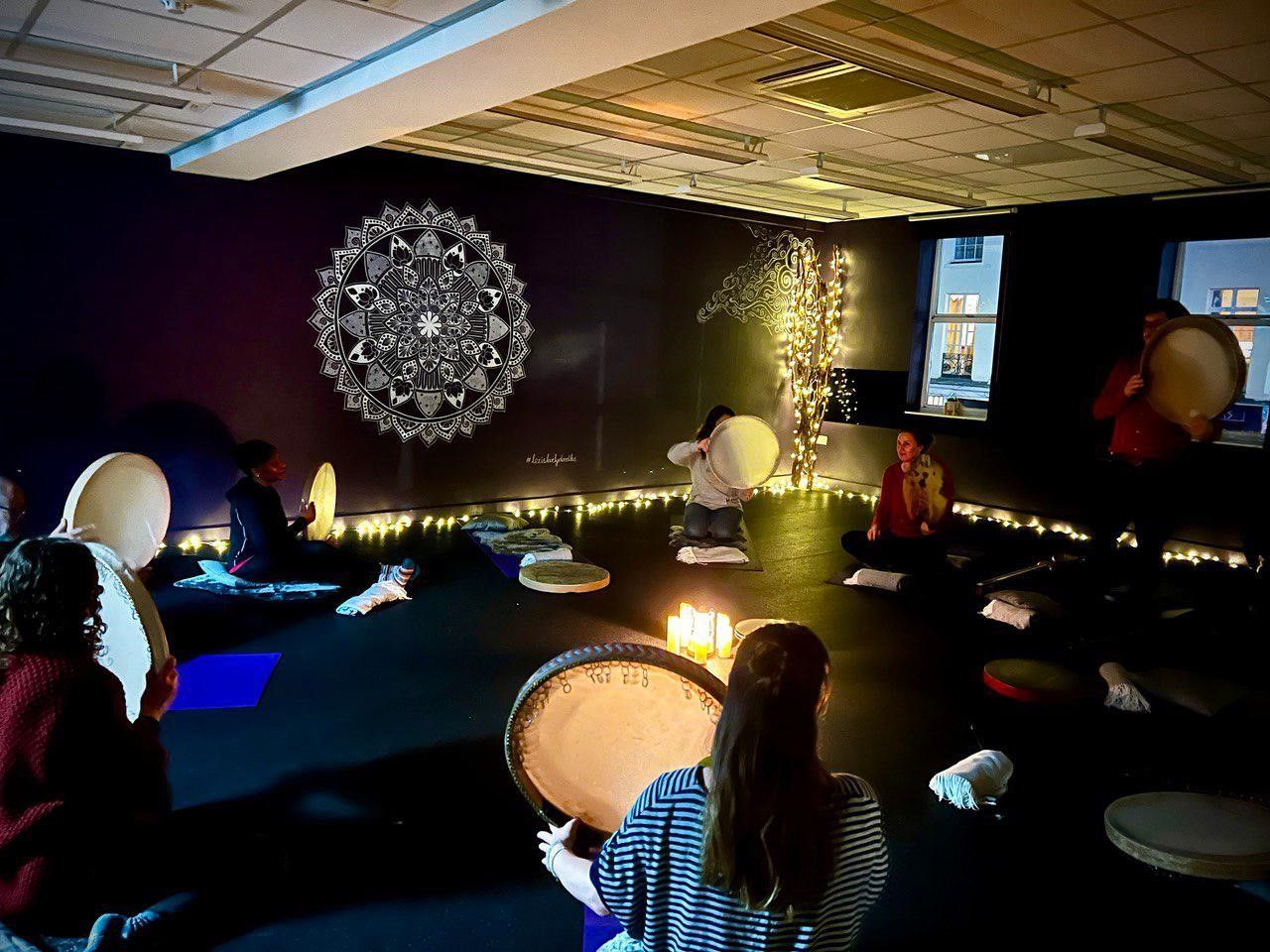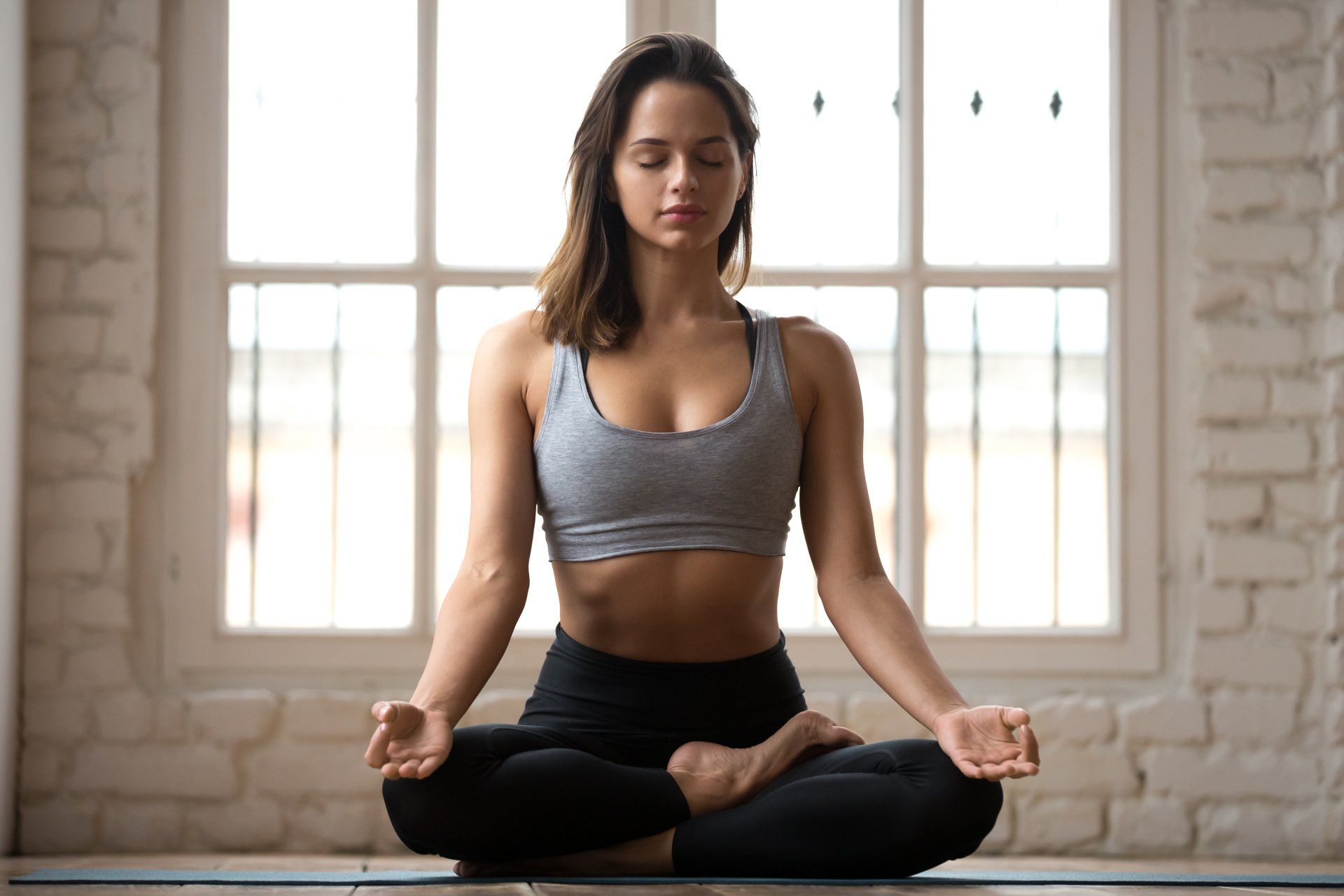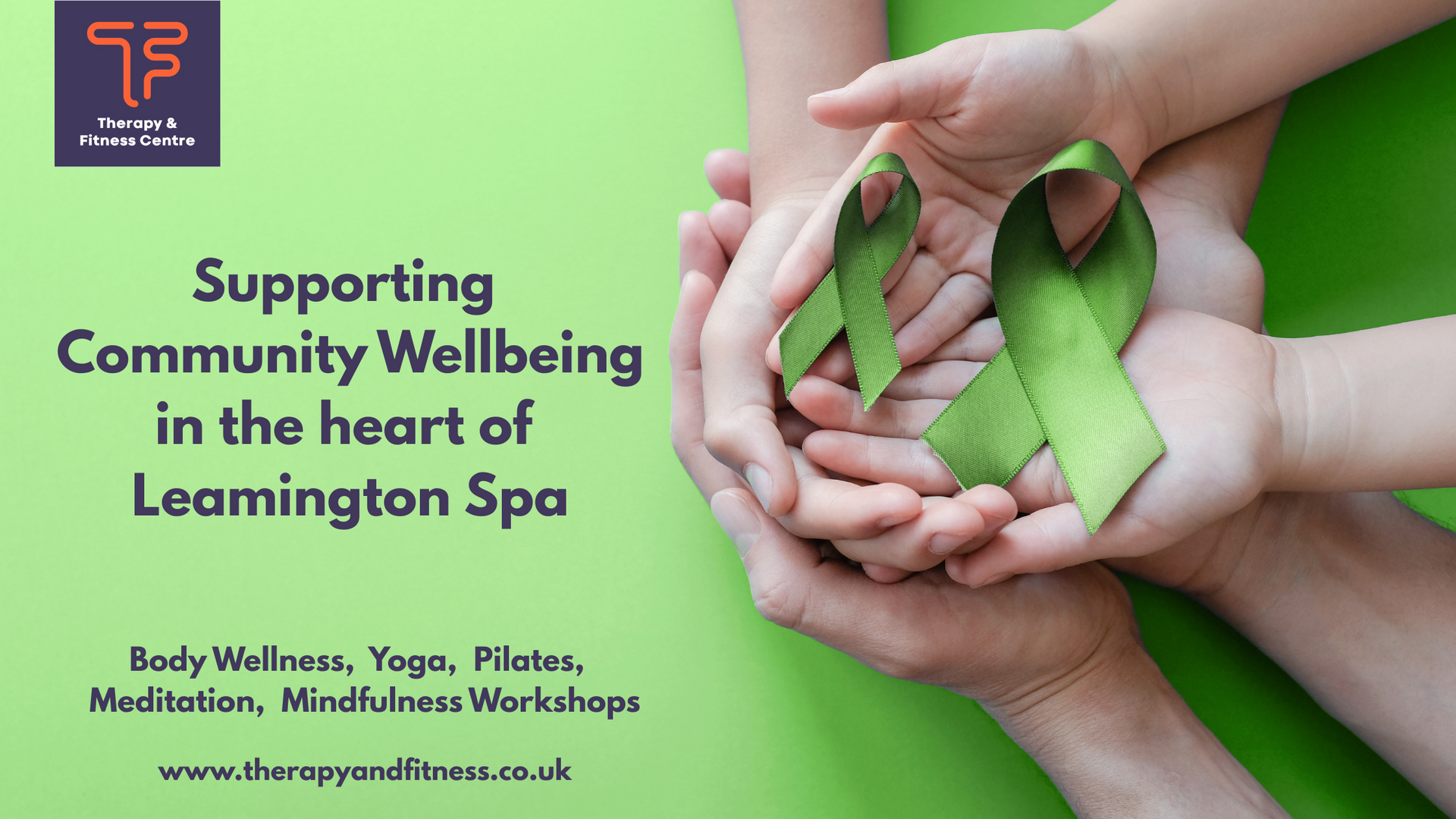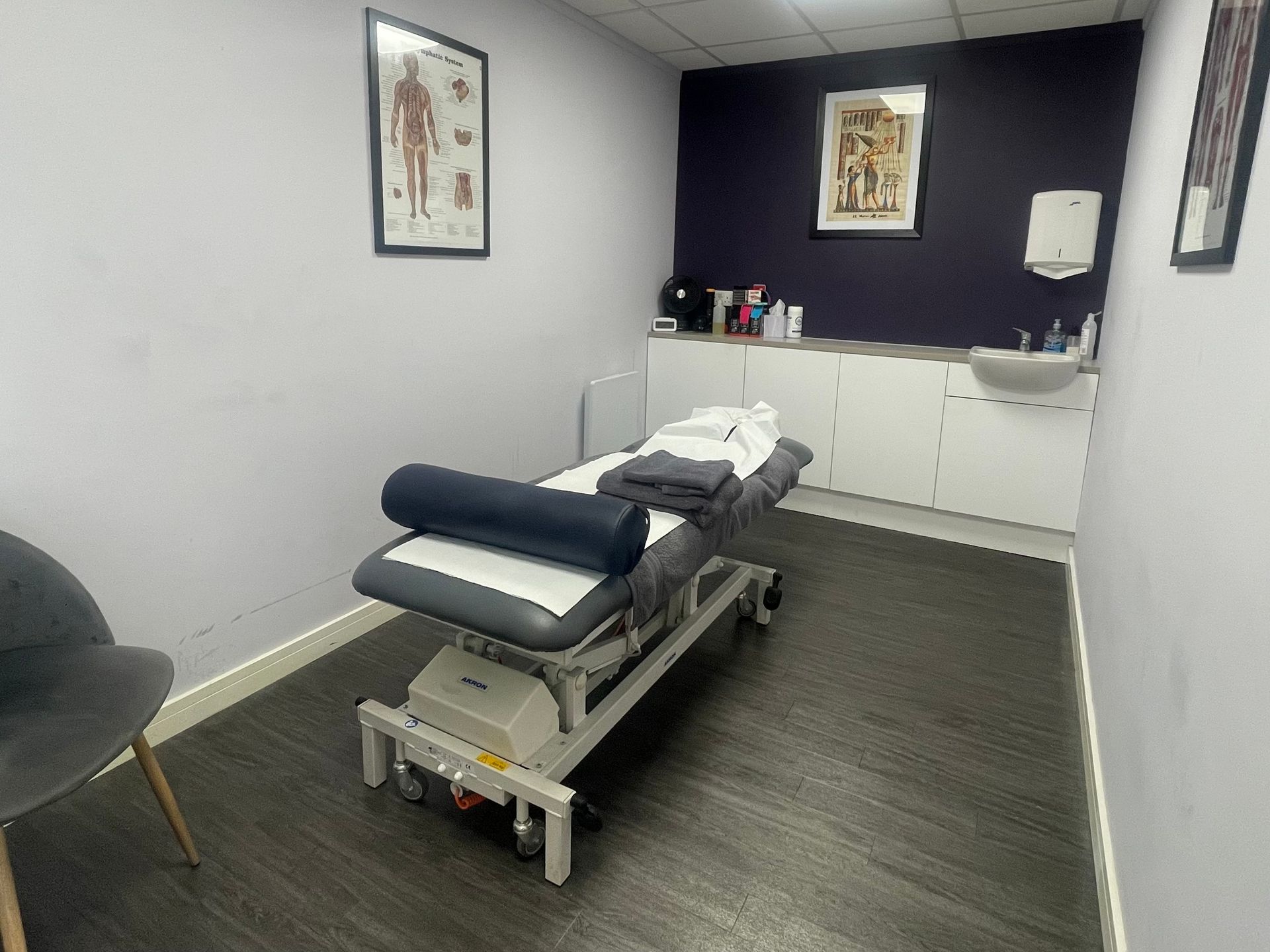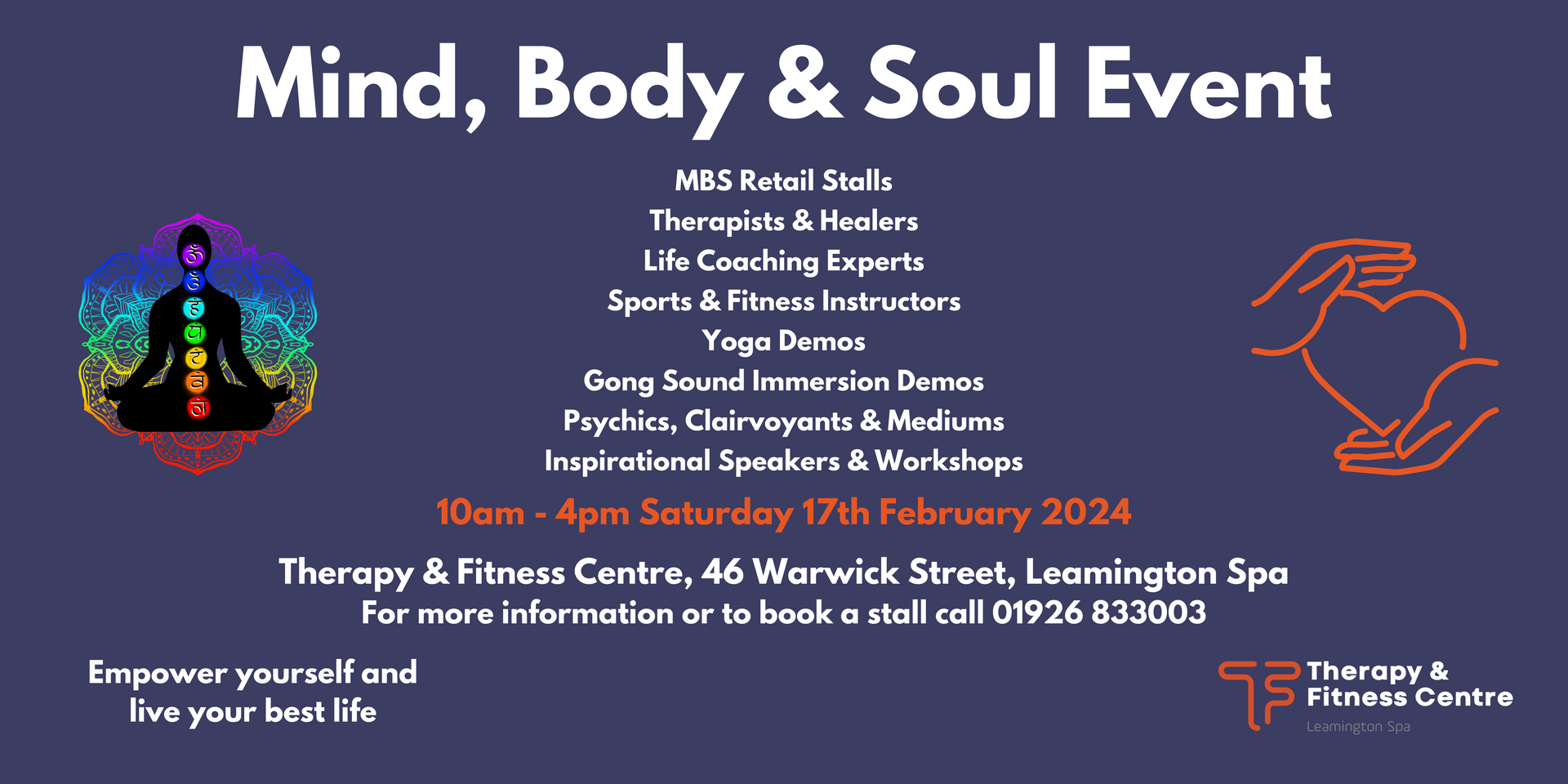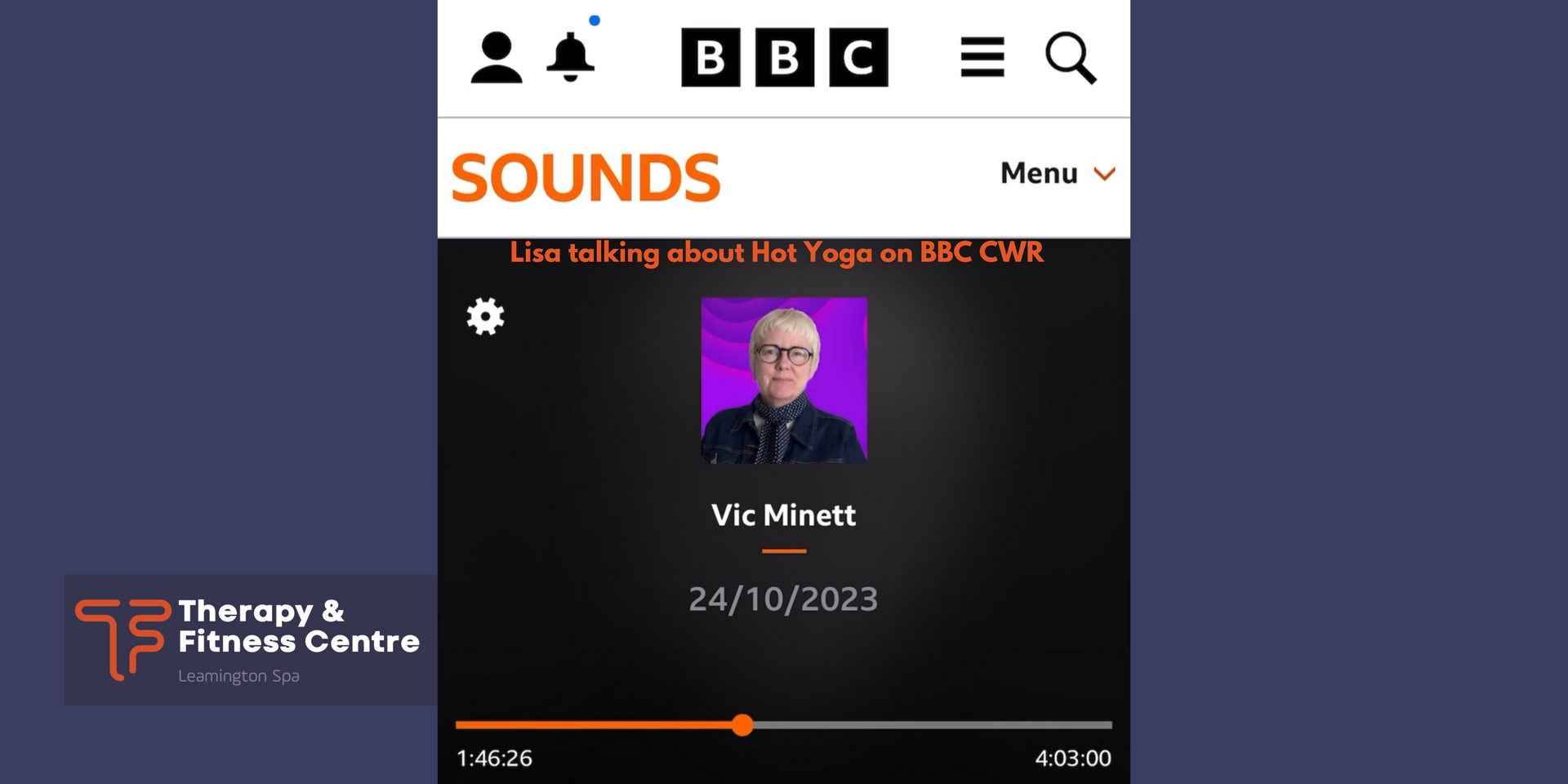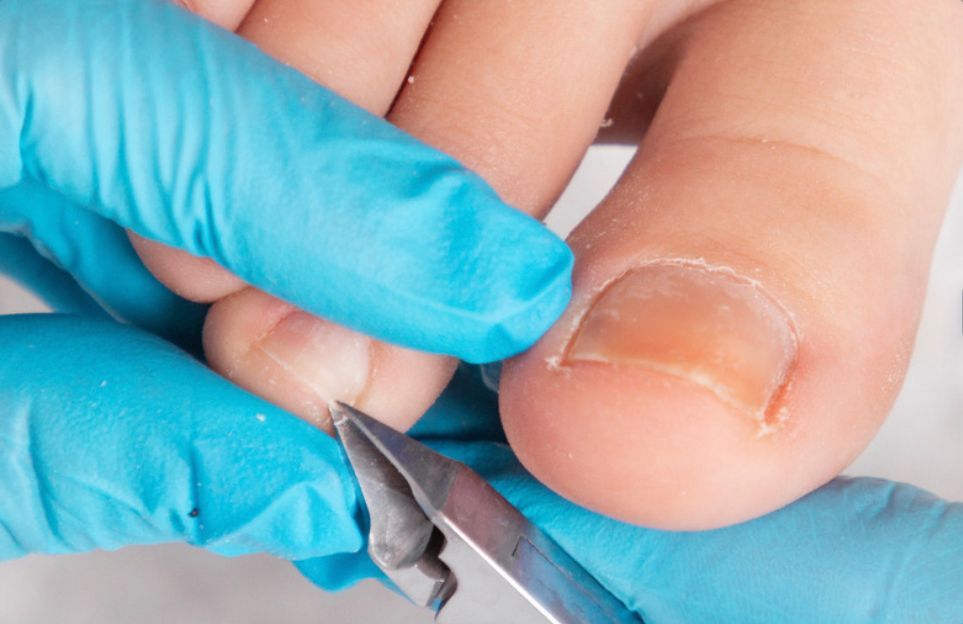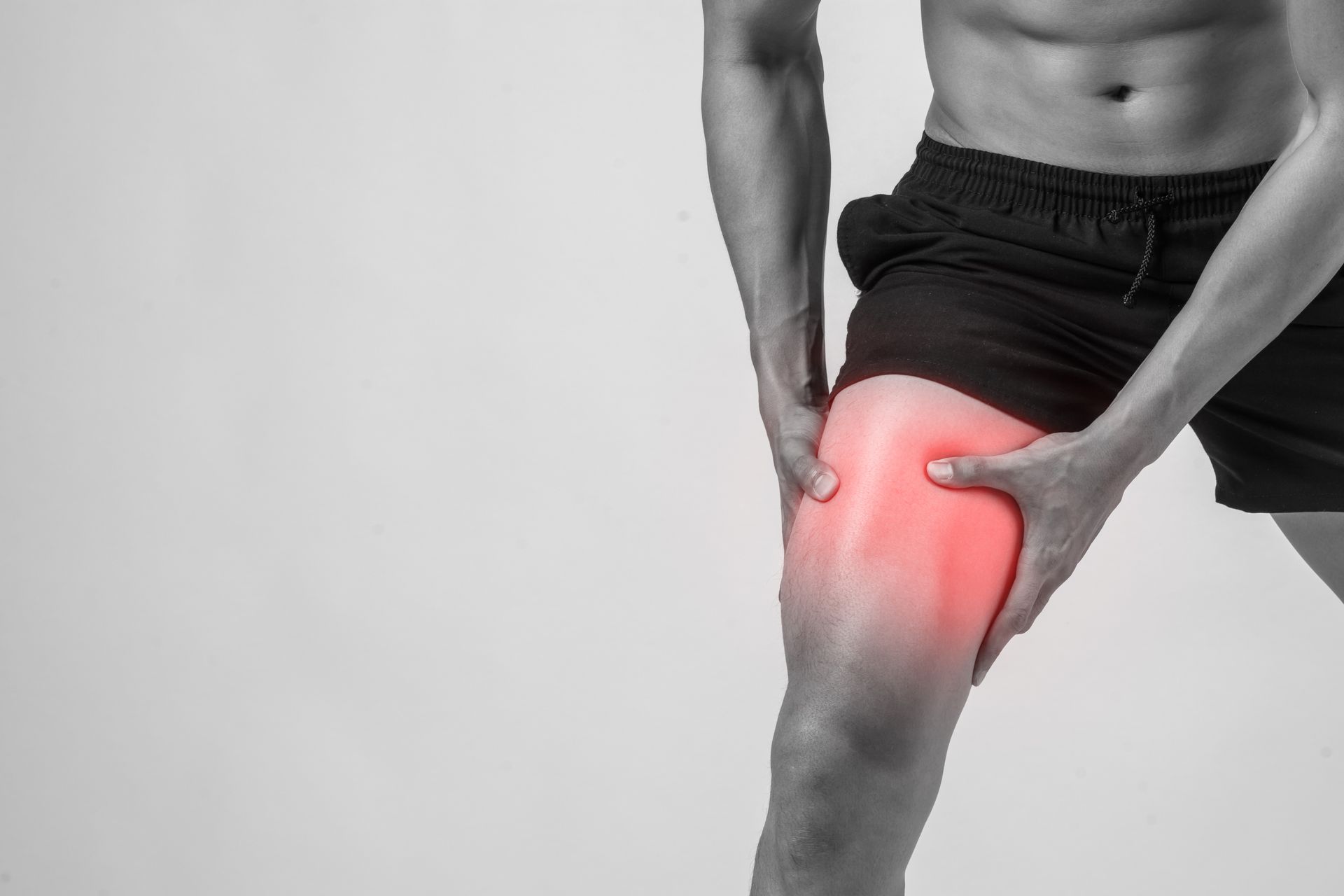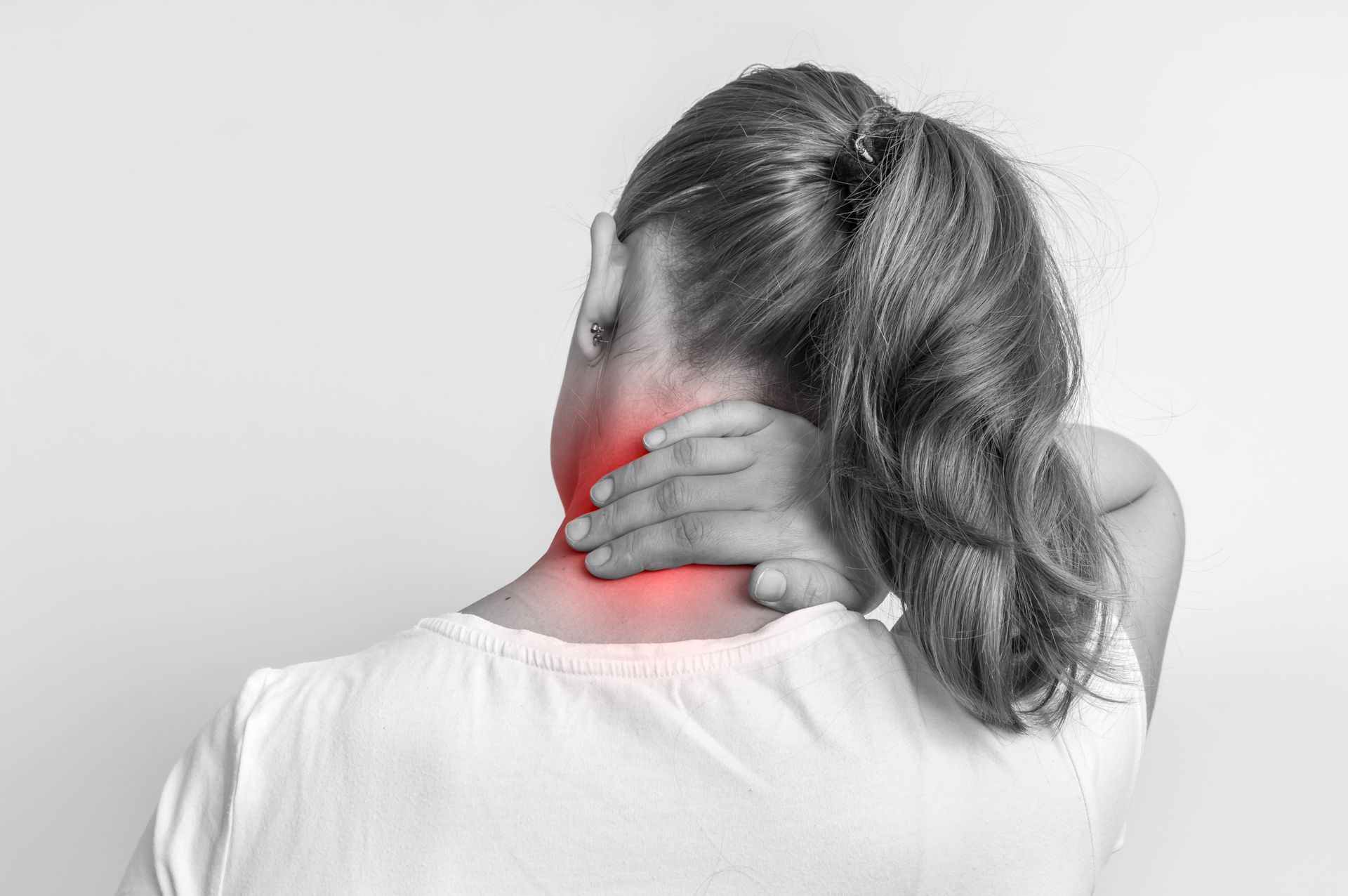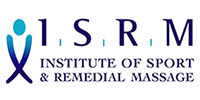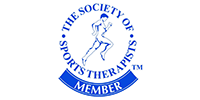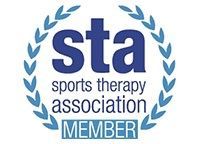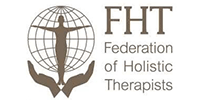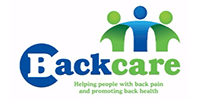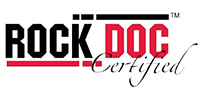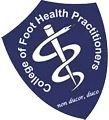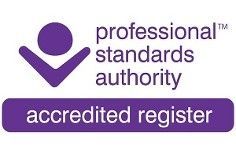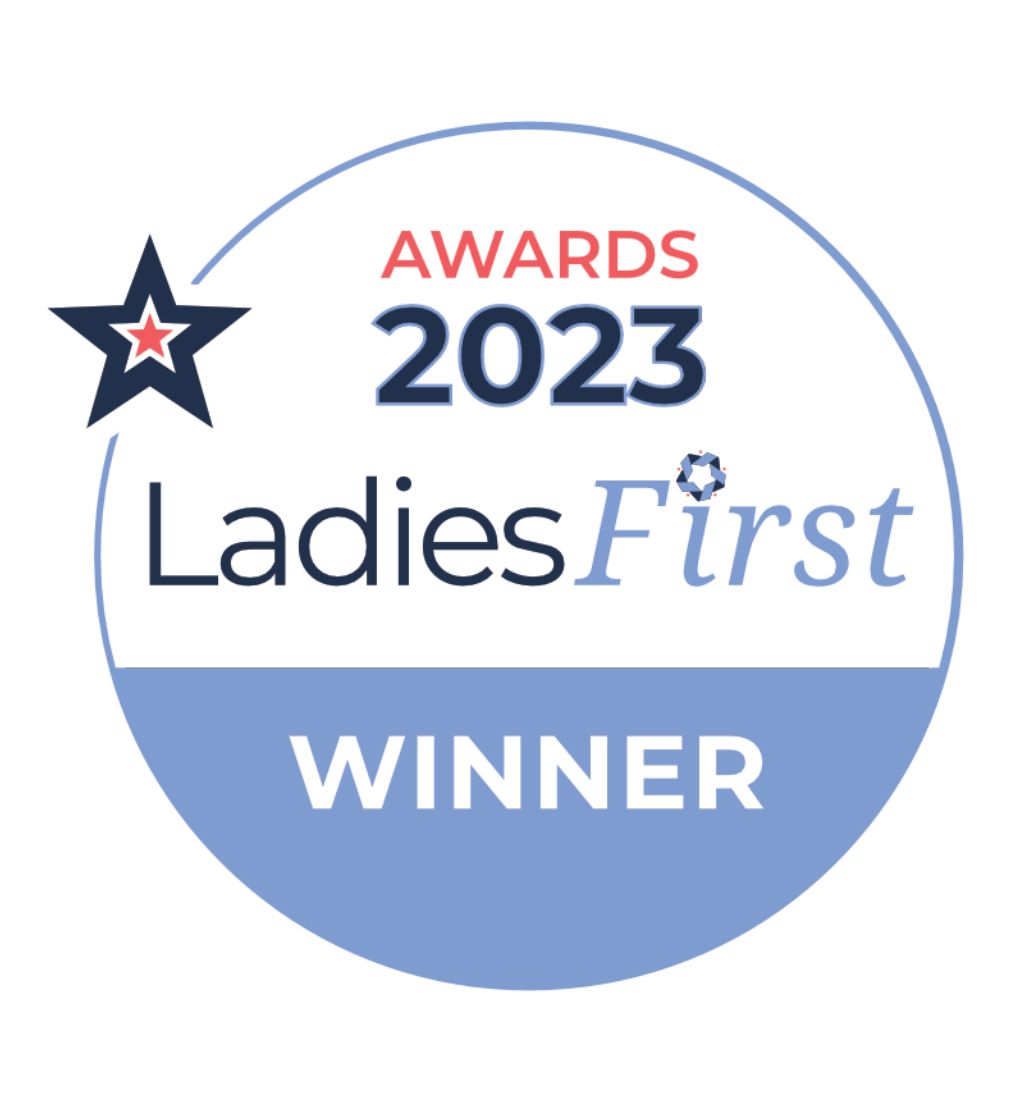The new mother: Taking care of yourself before and after giving birth
Discover how you can take care of your mental health while pregnant
Being pregnant is a big life event and it is natural to feel a lot of different emotions. Mental health problems such as anxiety and depression are not unusual in pregnancy. Many women feel more vulnerable and anxious when they are pregnant. Therefore, it is more important than ever to take care of yourself both physically and emotionally. Read on to find out how to look after yourself during and after pregnancy.
How can I stay happy and positive during pregnancy?
Just because you are likely to go through a range of emotions in your pregnancy, does not mean you need to stop trying to feel happy. We've got plenty of suggestions for you on how to boost your mood during pregnancy.
- Get a Pregnancy Massage
- Try Reflexology
- Exercise
- Take parenting prep classes to connect with other expecting parents
- Eat healthy
- Spend time with loved ones
- Speak with a therapist if you need more support
Is exercising good while you are pregnant?
Gentle exercise during pregnancy is good (and safe) for you and your baby. Not only does it help you maintain a healthy weight, it also helps prepare your body for labour. A good exercise program can give you the strength and endurance you'll need to carry the weight you gain during pregnancy, help prevent or ease aches and pains, improve sluggish circulation in your legs, and help you handle the physical stress of labour. It will also make getting back into shape after your baby is born much easier.
What kind of exercises are safe during pregnancy?
These activities carry little risk of injury, benefit the entire body, and are usually safe to do until delivery:
- brisk walking
- swimming
- indoor stationary cycling
- pregnancy yoga
- low impact aerobics under the guidance of a certified aerobics instructor
- special exercises to prepare for labor and delivery
What is the difference between Pregnancy Yoga and regular yoga?
Pregnancy yoga is a type of yoga designed for pregnant women. Yoga is intended to create a balance between emotional, mental, physical, and spiritual dimensions. Prenatal yoga is about helping you prepare for childbirth by relaxing the body and focusing on safe techniques and poses in all stages of pregnancy.
What is Pregnancy Yoga good for?
This prenatal yoga class has many benefits for the pregnant woman and her unborn baby.
- Promotes relaxation and natural deep breathing
- Improves sleep
- Reduces stress and anxiety
- Increases your strength and flexibility
- Decreases lower back pain and other common symptoms of pregnancy
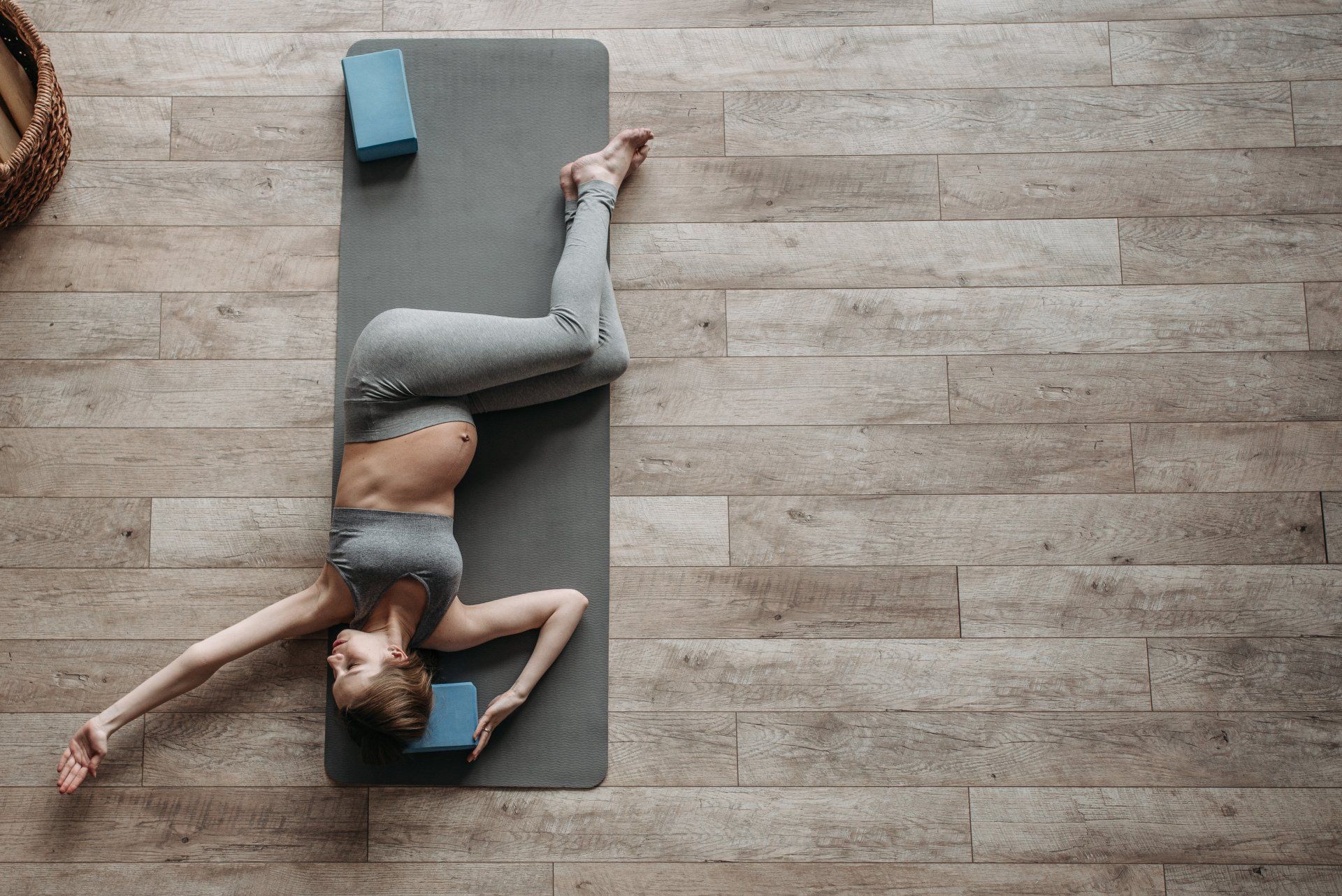
What is pregnancy massage?
A pregnancy massage is a specially adapted gentle and soothing massage tailored specifically for the mother-to-be. As with other body massages, you’ll lie on a massage table and you may be given additional cushions or specially shaped bolsters, to make lying more comfortable. Usually you will lie on your side, particularly later in pregnancy, when this is more comfortable.
What are pregnancy massage benefits?
Relieves:
- Backache and pelvic joint pain
- Indigestion and heartburn
- Stretch marks
- Constipation
- Insomnia
- Swollen ankles
- Anxiety
Promotes:
- Mind and body relaxation
- Improved sleep quality
What is Maternity Reflexology?
Maternity reflexology is aimed specifically at women during pre-conception, pregnancy, labour and the postnatal period. During a reflexology consultation, the therapist will first ask a few questions about your general health and the issues that you would like help with. You will then remove your footwear and sit or lie down while the therapist massages your feet. In some cases they may also massage your hands and ears as well.
Can reflexology help me in pregnancy?
Maternity reflexology can help with a number of pregnancy related problems:
- Sciatic pain
- Gestational diabetes
- Insomnia
- General relaxation
- Engaging the baby and to encourage labour when overdue
- Backache and pelvic floor pain
- Indigestion and heartburn
- Constipation
How can I keep myself fit and healthy with a new baby?
It is your natural instinct as a parent to focus on your little one’s health and when doing so, many overlook just how essential it is to keep themselves fit and healthy too. There are many different things that will help you to stay fit and healthy post-pregnancy and we will look into these further below.
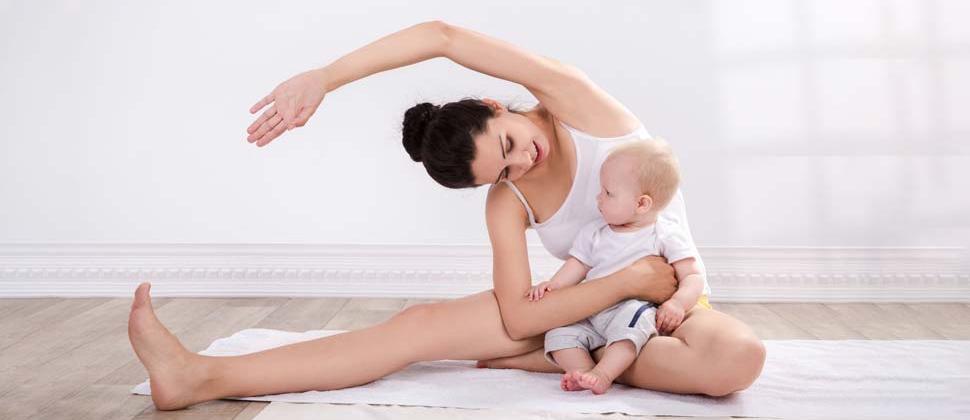
Exercising after having a baby
When you're feeling tired, being active may seem like the last thing you want to do. But regular activity can help you relax, keep you fit and help you feel more energetic. It can also help your body recover after childbirth and may help prevent postnatal depression.
When can I start exercising after giving birth?
If you had a straightforward birth, you can start gentle exercise as soon as you feel up to it. This could include walking, gentle stretches, pelvic floor and tummy exercises. It is usually a good idea to wait until after your 6-week postnatal check before you start any high-impact exercise, such as aerobics or running. If you exercised regularly before giving birth and you feel fit and well, you may be able to start earlier. Talk to your midwife, health visitor or GP. If you had a more complicated delivery or a caesarean, your recovery time will be longer. Again, talk to your midwife, health visitor or GP before starting anything strenuous.
What should I be aware of before becoming physically active postnatal?
Your lower back and core abdominal muscles may be weaker than they used to be. Your ligaments and joints are also more supple and flexible for a few months after birth, so there is an increased risk of injury if you stretch or twist too much.
What are the best exercise options for new mums?
Many postnatal women find yoga beneficial, as it encourages relaxation in the post-birth whirlwind while helping to strengthen core muscles and prevent back pain. Postnatal yoga is a great way to get strong again in specific areas, such as your core muscles. It’s also a time to focus on you, connect with other mums whilst boosting your energy. There are even yoga classes you can bring your baby to. Read on to find out more about our mother and baby exercise classes.
What is postnatal yoga?
Yoga in the postnatal period is all about embracing your post-baby body and calming your mind. Giving birth and sustaining life is quite a journey. As you continue to adjust to life with a new little one at home, yoga allows you to breathe, balance, and tune in with yourself. This yoga class focuses on recovery and restoration of the body after pregnancy and giving birth. The moves you’ll find in these sessions are generally low intensity and modified in some way to address your postpartum body and any weaknesses you may have after giving birth (e.g. core muscles).
What are the benefits of postnatal yoga?
- Alleviates stress, anxiety and depression after childbirth
- Improves core stability after childbirth
- Strengthens the body and pelvic floor muscles
What is Mother & Baby yoga?
Mother and Baby yoga is a nurturing and relaxing class designed for the mother and baby. Classes combine baby yoga, baby massage, post natal yoga and shared relaxation. It is a wonderful way to bond with your baby and have fun. There is also the opportunity to connect and chat with other mums. Not only is postnatal yoga great for that post-baby body tone-up (and your pelvic floor) but there are lots of benefits for your little one too.
What are the benefits of Mother & Baby yoga?
- Helps promote healthy sleep patterns
- Aids digestion
- Supports baby’s natural development
- Strengthens joints and muscles
- Helps maintain flexibility
- Eases tension and tightness in the postnatal body
- Calms, soothes and relaxes
What age is Mother & Baby yoga suitable for?
The best time to start is probably after your baby is 8
weeks old, once you have had your check and the baby has better neck control to keep them safe. By then you will also likely have more confidence. Always look at your little one to check their reaction and to ensure you are doing things they enjoy, it is all about really simple yoga stretches, not complex moves. If you have any concerns at all then consult your health visitor or GP.
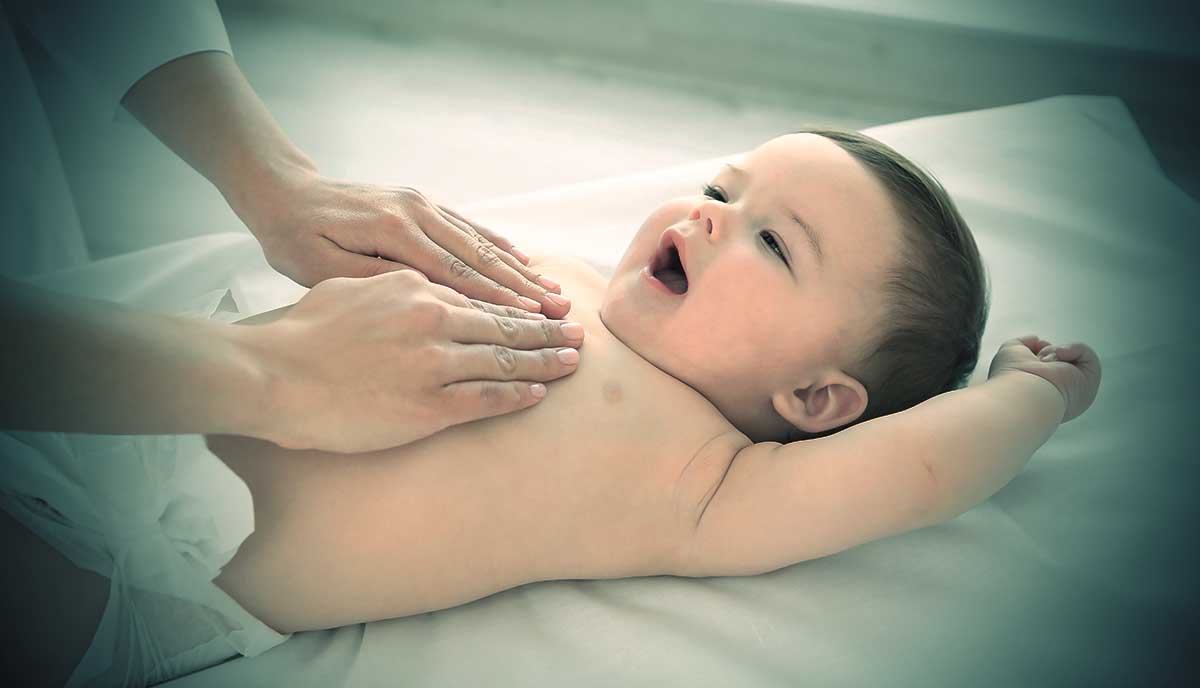
What are baby massage classes?
You will learn how to massage your baby and the various aromatherapy oils you can use and the reflexology points to focus on. Baby massage is suitable from birth.
Why is it important to massage a baby?
- Promotes relaxation and helps induce sleep
- Reduces tension, restlessness and irritability
- Assists parent and child bonding
- Relives pain and trauma
- Soothes and comforts
When should you start baby massage classes?
Generally, infant massage is suitable from birth but most parents start to attend classes when baby is around 4-6 weeks old. Before this, although babies love nurturing touch, being in a class can seem overwhelming for babies. Having said that we sometimes have babies as young as 2-3 weeks in our sessions.
How often should I massage my baby?
Some parents give their baby massages daily, while other parents massage their little ones every other day. You can massage your baby during the morning to get the day going or at night before bedtime to help soothe your baby to sleep. Pay attention to your baby's cues to help determine the best massage routine.
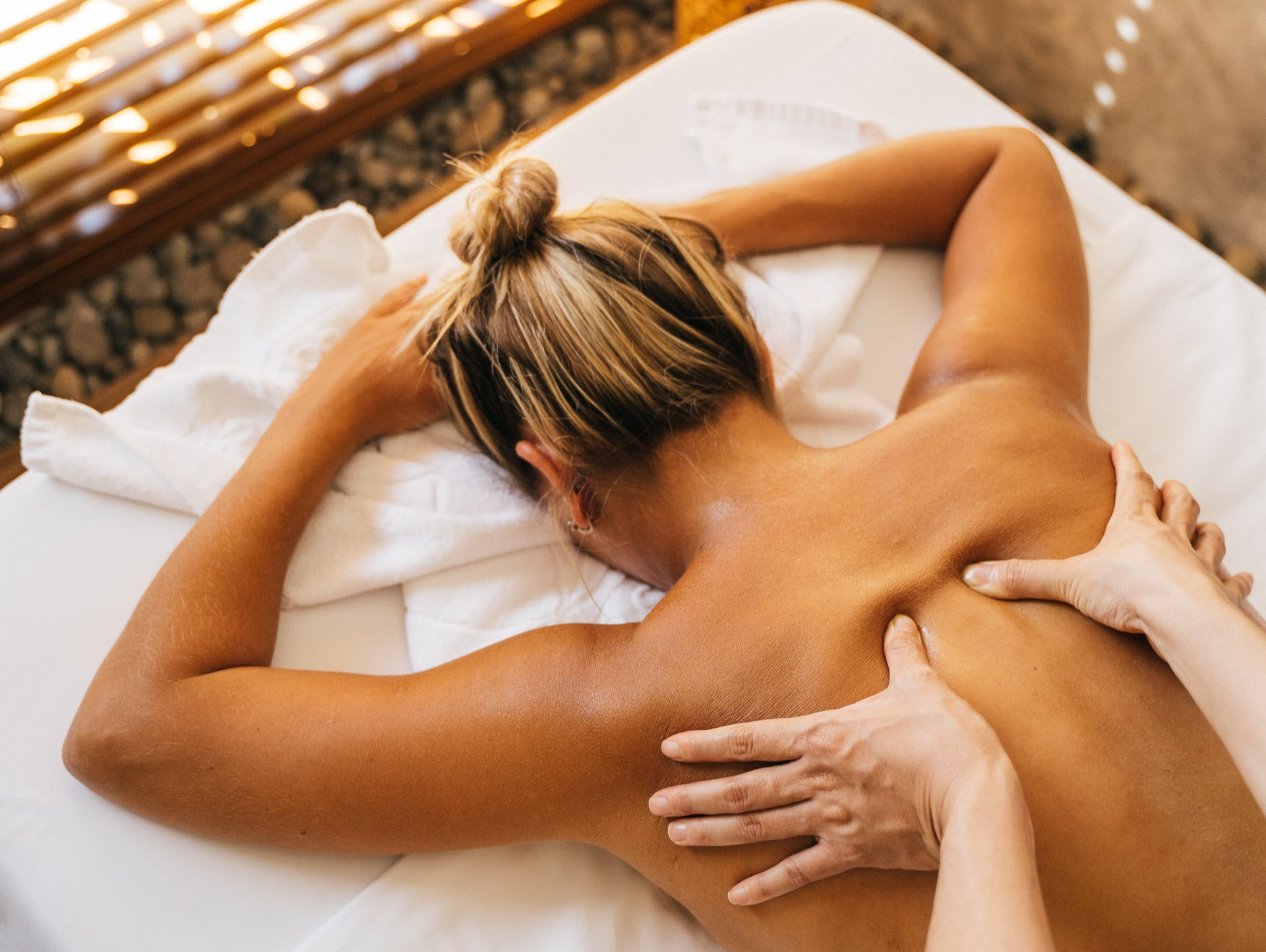
What is postnatal massage?
To put it simply, a postpartum massage is a full body massage that occurs within the first 12 weeks after you give birth to your baby. Receiving one can benefit your mood and speed up healing and recovery process after pregnancy and giving birth. Postpartum massages usually include many of the same elements of regular massages. Women who get a massage after giving birth will likely notice numerous benefits to their body and mood that are associated with massage in general.
Are there any contraindications to postnatal massage?
If you have had a cesarean delivery, talk to both your doctor and massage therapist to be sure it is safe. Massage can be adapted depending on the type of delivery. If you’ve had blood clots in your pregnancy or previously, your doctor will likely have already recommended you to avoid massage. Check with your doctor when it is safe to resume massage.
What are the benefits of postnatal massage?
- Reduced swelling and encouraged lymphatic drainage
- Ease of any aches and pains experienced through labour
- Release in muscle memories of being pregnant
- Improved milk production
- Hormone regulation (decreased stress levels)
- Reduced anxiety and postpartum depression
- Improved sleep quality caused by relaxation
Where can I get more help and advice during and after my pregnancy?
Hopefully, the information above will be beneficial to any new mums who are wanting to ensure that they are keeping fit and healthy. We understand that this can be a lot to take in, but looking after yourself is so important and ultimately, it is vital to do so to enable yourself to look after your baby properly. If you are looking for some additional pre or post natal exercise advice or post natal treatment advice, please feel free to contact Therapy & Fitness Centre on 01926 833003. Here at T&FC, we are incredibly passionate about helping woman pre and post pregnancy to get their health back and feel fitter and stronger than ever before. Our team of therapists and fitness instructors have many years of experience working with women both during and after their pregnancies and you can rely on us to provide you with nothing but correct advice and essential health service.
